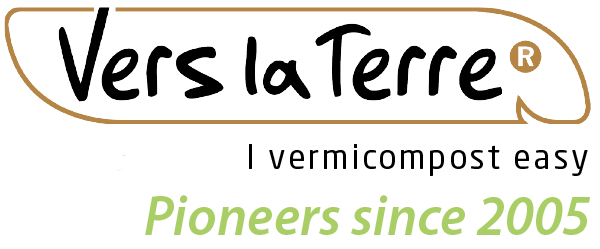Integrating vermicomposting into environmental education can have a profound effect on the way children see the world. The practice brings concepts like recycling, food chains and biodiversity to the fore in a practical and engaging way. Children can see with their own eyes how organic waste is transformed into valuable nutrients for the soil.
This teaches them not only the value of recycling, but also the importance of each organism in the ecosystem. It then becomes easier for them to understand why conservation and sustainability are crucial to the future of our planet. For a more in-depth look at this subject, the book "Making a success of my compost and vermicompost" is an excellent resource.


Comments (0)